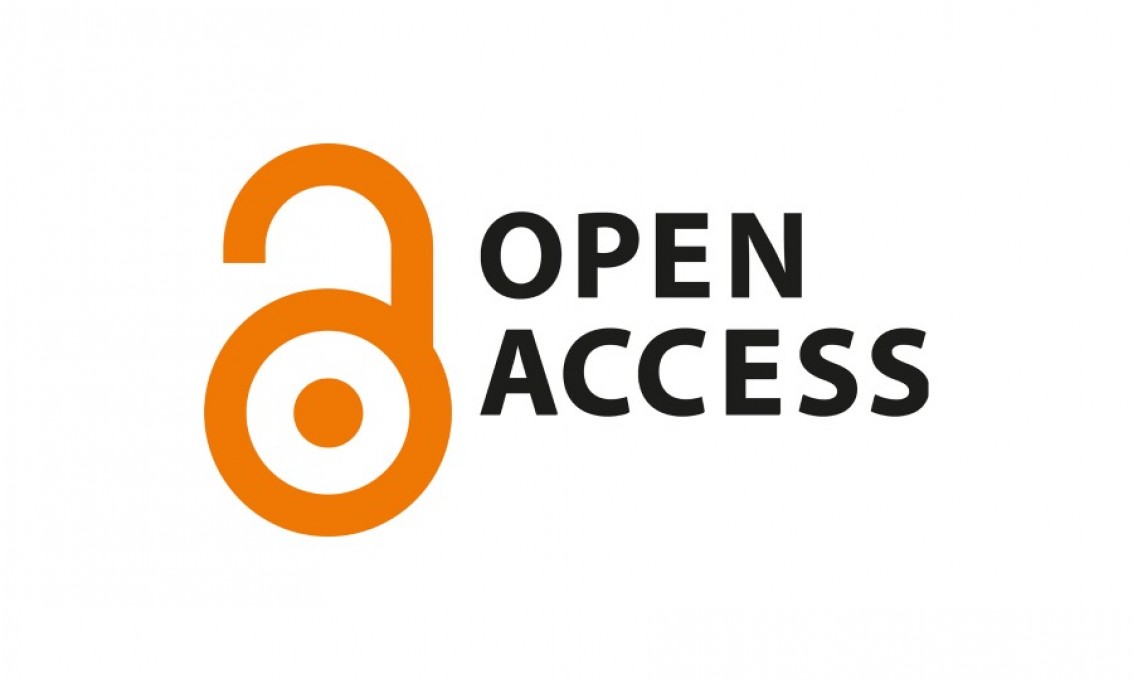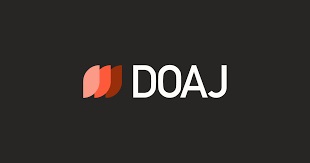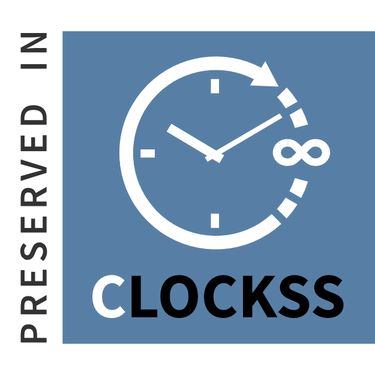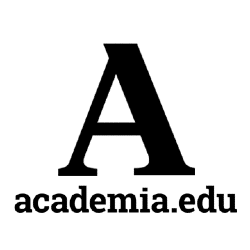Perceived Over-Qualifications of Volleyball Players and Their Relationship with Communication Skills with Team Members in the Clubs of the Northern Region of Iraq
DOI:
https://doi.org/10.54702/vn0p5591Keywords:
Perceived Over-Qualifications, Communication Skills, Volleyball PlayersAbstract
The research aimed to identify the level of perceived over-qualifications among volleyball players in clubs in the northern region of Iraq from their perspective, and their communicative abilities, with an explanation of the type and nature of the relationship between the perceived over-qualifications and communicative abilities. The researchers used the descriptive method in both its survey and correlational styles. The researchers defined the study population as volleyball players in the active clubs of the northern region's premier league and first division, totaling (27) clubs across four provinces: Kirkuk, Nineveh, Diyala, and Salahuddin. The researchers chose the entire study population as the main sample for the research, which they divided into sub-samples: (exploratory study sample, preparation sample, and final application sample), with (12-187-125) players respectively. To measure the research variables, the researchers developed two instruments. The first measures the perceived extra qualifications of volleyball players and consists of (14) items, while the second measures the communication abilities of volleyball players and contains (15) items. They utilized statistical methods (percentage, arithmetic mean, standard deviation, hypothesized mean, T-test, and Pearson's correlation coefficient) to analyze the data collected through these instruments. The researchers managed to derive results from the application of the two tools. They concluded that volleyball players active in clubs of the northern region of Iraq possess a low level of perceived extra qualifications. In contrast, the communication abilities among these volleyball players in the northern Iraqi clubs are of a high level. There is a significant inverse relationship between the perceived extra qualifications of the volleyball players and their communication abilities with team members, and this achieves one of the sustainable development goals of the United Nations in Iraq which is (Quality Education).
References
- Erdogan, B., & Bauer, T. N. (2009). Perceived Overqualification and Its Outcomes: The Moderating Role of Empowerment. Journal of Applied Psychology, 94(2), P558. https://doi.org/10.1037/a0013528
- Uddin, M. K., Azim, M. T., & Islam, M. R. (2023). Effect of perceived overqualification on work performance: Influence of moderator and mediator. Asia Pacific Management Review, 28(3), P277. https://doi.org/10.1016/j.apmrv.2022.10.005
- Reith‐Hall, E., & Montgomery, P. (2023). Communication skills training for improving the communicative abilities of student social workers: A systematic review. Campbell Systematic Reviews, 19(1). https://doi.org/10.1002/cl2.1309
- Boustani, N., & Al Abdwani, T. (2023). The Effect of Music on Communication Ability: A Case of Vocabularies. Journal of Business, Communication & Technology, Volume 2(Issue 1), P2. http://dx.doi.org/10.56632/bct.2023.2101
- Onat, G., & Eren, D. (2020). The impacts of perceived overqualification on employee performance: A case of chefs. Tourism and Management Studies, 16(4), P35. https://tmstudies.net/index.php/ectms/article/view/1292
- Anil, M. A., & Bhat, J. S. (2020). Transitional Changes in Cognitive‑Communicative Abilities in Adolescents: A Literature Review Malavika. Journal of Natural Science, Biology and Medicine, 11(2), P87. https://jnsbm.org/article/246
- Khassawneh, O., Mohammad, T., & Momany, M. T. (2023). Perceived Overqualification and Job Outcomes: The Moderating Role of Manager Envy. Sustainability (Switzerland), 15(1),P3. https://doi.org/10.3390/su15010084
- Luksyte, A., Bauer, T. N., Debus, M. E., Erdogan, B., & Wu, C. H. (2022). Perceived Overqualification and Collectivism Orientation: Implications for Work and Nonwork Outcomes. Journal of Management, 48(2), P343.
https://doi.org/10.1177/0149206320948602
- Deng, H., Guan, Y., Wu, C.-H., Erdogan, B., Bauer, T., & Yao, X. (2018). A Relational Model of Perceived Overqualification: The Moderating Role of Interpersonal Influence on Social Acceptance. Journal of Management, 44(8), 3288–3310. https://doi.org/10.1177/0149206316668237
- Dhondt, A., Van keer, I., van der Putten, A., & Maes, B. (2020). Communicative abilities in young children with a significant cognitive and motor developmental delay. Journal of Applied Research in Intellectual Disabilities, 33(3), P530. https://doi.org/10.1111/jar.12695
- Yang, C., Zhou, B., Wang, J., & Pan, S. (2021). The effect of a short-term Balint group on the communication ability and self-efficacy of pre-examination and triage nurses during COVID-19. Journal of Clinical Nursing, 30(1–2), P95. https://doi.org/10.1111/jocn.15489
- Ismail, R. N., Arnawa, I. M., & Yerizon, Y. (2020). Student worksheet usage effectiveness based on realistics mathematics educations toward mathematical communication ability of junior high school student. Journal of Physics: Conference Series, 1554(1). https://doi.org/10.1088/1742-6596/1554/1/012044
- Rosyid, M. A., Wawan, W., Choirudin, C., Darmayanti, R., & Riono, S. H. (2023). Experimentation of cooperative learning model with group investigation type on communication ability and mathematical disposition. AMCA Journal of Science and Technology, 3(1), P32. https://doi.org/10.51773/ajst.v3i1.266
Downloads
Published
Issue
Section
License
Copyright (c) 2024 Modern Sport

This work is licensed under a Creative Commons Attribution 4.0 International License.















